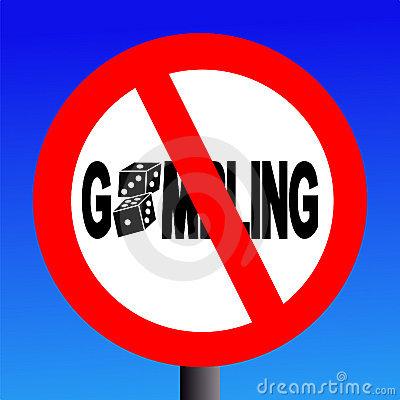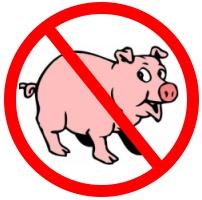THE FIVE PILLARS OF FAITH
THE QUR'AN
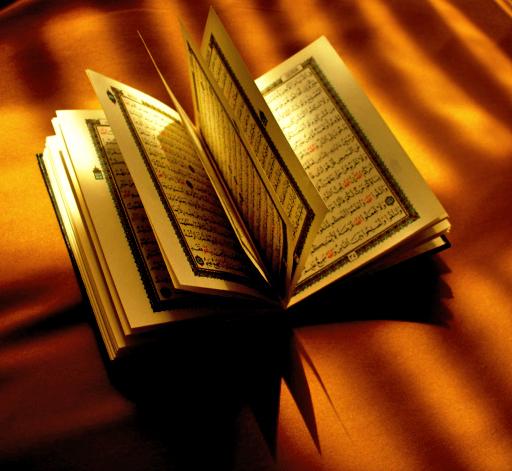
The Qur'an is the third bible for the Muslims. Muhammad made the Qur'an. The Qur'an talks about a lot of Muhammad stories and all about Islam. There was two foundations of Islam that are the Qur'an and the Sunnah. Muhammad and his disciples recited and remembered the verses to the Qur'an, since Muhammad apparently can't read or write. It has been said that the Qur'an from the angel Gabriel. The Qur'an was so precious that it couldn't touch the ground or get dirty. The words from the Qur'an live through out Muslims, from beginning to end.
SHAHADAH
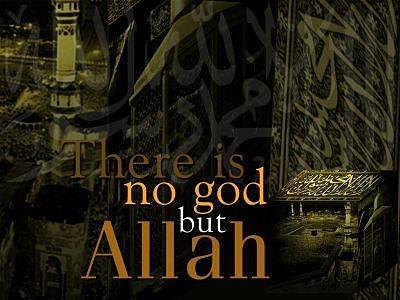
The First Pillar is Shahadah and that means monotheism (Profession of Faith). Muslims believe that there is only one god that is Allah. Gods makes angels to do there work and the angels reveals themselves to prophet. Other angels observe and records the deeds of the people. The people who follows the Gods rules will be rewarded and allow to go to paradise. The people who done wrong or does not believe will be punished and go to hell.
SALAT The second pillar is Salat and that means Daily ritual prayer. Muslims pray five times a day: morning, noon, midday, sunset, and even at nightfall. They have to pray to a certain direction and that direction is to face Makkah when they pray. Before they pray they have to do a ritual washing and they use fountains. The worshipers wash there feet, hand, face, arms and they have a sense of being purified. When they pray they start off of saying "God is most great," and they repeat the verses, also knelling. The Muslims stand side by side, but boys and girls stand in different rows. Praying at the mosque is preferred, but you can pray anywhere, such as parks, home, airports, sidewalks, or work. Muslims use rugs, beads, etc. because so a spot where they pray is clean and beads for to recite words for God's characteristics.
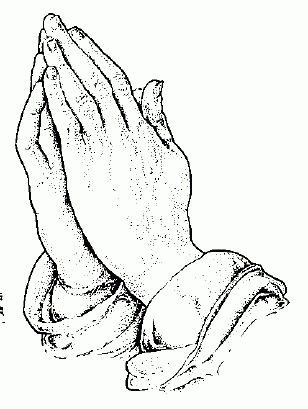
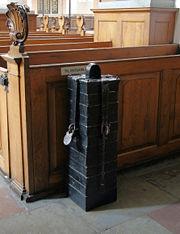
ZAKAT The third pillar is Zakat and that means charity. Muslims give 2.5 percent of their money. They donate their money for the poor or the needy. They also donate their money so it help control greed and reminds them of God's gifts. A lot of the money goes to buildings, orphanages, hospitals, clothing, soup kitchens, shelter for the poor, etc. Zakat can be for other causes such as kids that can't afford to go to school and pay for teachers.
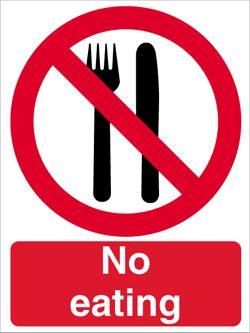
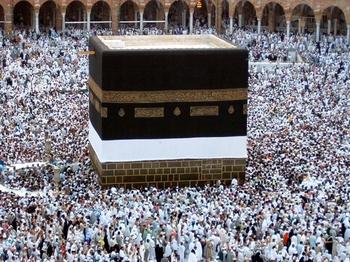
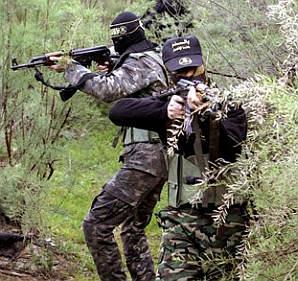
JIHAD Jihad means "to strive" or to struggle to please God. There is two kings of jihad and that is "greater jihad" and "lesser jihad." "Lesser jihad means means to struggle with your enemies. "Greater jihad" means to take the evil out of your heart or to fight against evil.
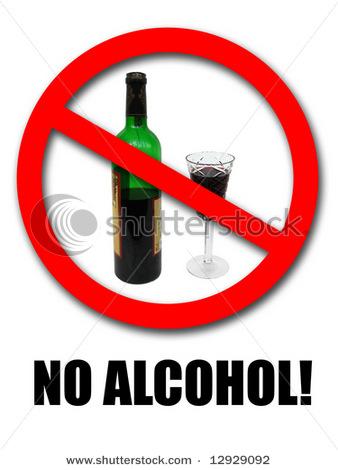
SHARI'AH Shari'ah means Islamic law. Three examples of the Islamic law is no pork. no gambling, no alcohol, etc. And till today the Islamic law is still developing in response to modern ways of life and all of the challenges.
